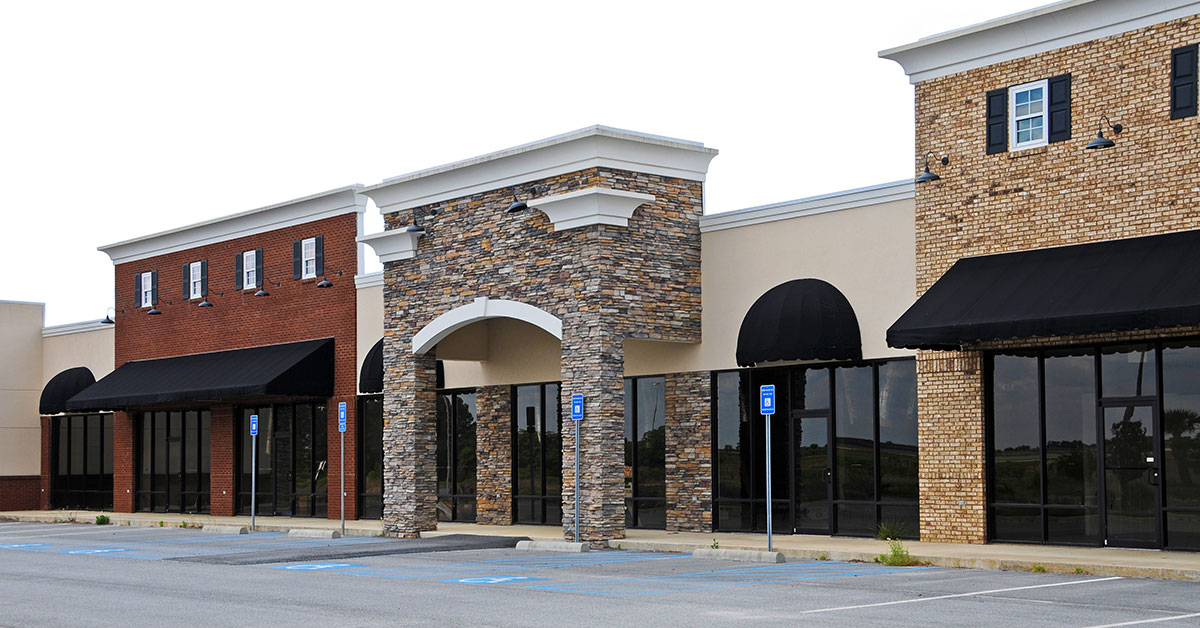
Should I Refi or get a HELOC?
A cash-out refinance and a home equity line of credit (HELOC) are both ways for homeowners to leverage the equity they’ve accumulated in their homes. You’re not alone if you’re debating using either option to achieve your immediate financial goals.
As the prime interest rate continues to rise, the interest rates on adjustable-rate credit cards and personal loans have also gone up. Fortunately, real estate values have also dramatically increased, so you could have a substantial amount of equity available for making home improvements or paying down other high-interest debt.
Read on to learn whether your best choice is to refinance your mortgage or apply for a HELOC.
What is a HELOC?
A home equity line of credit is a type of loan that lets you borrow against the equity you’ve built up in your home. People often use them to update their homes, pay for unexpected medical expenses, or pay down existing debt. HELOCs can be an excellent option for homeowners who’ve already paid back a significant portion of their existing first mortgage, as they can leverage that equity to achieve their specific financial goals.
Here's how a HELOC differs from a fixed-rate home equity loan:
- It’s similar to a credit card account, but instead of borrowing a lump sum, your “credit line” is based on your property’s value.
- You don’t need a first mortgage for a HELOC.
- Requirements to get a HELOC differ from a mortgage in that you typically must have a certain percentage of equity in your home however, credit unions may not require a low DTI to qualify for a HELOC.
Like any loan, there are pros and cons to applying for a HELOC:
- Pros include paying interest compounded only on the amount you draw.
- Cons include a lack of tax benefits, generally higher interest rates than your first mortgage, and a “draw period,” such as ten years (with most lenders) when you can only borrow the money during this time.

What is a Mortgage Refi?
Refinancing your existing mortgage allows you to take on a larger mortgage in exchange for assessing the equity in your home. Unlike second mortgages, refis don’t add to your monthly payment but instead lengthen your loan.
The advantages and disadvantages of a refi include:
- Advantages: Locking in a lower interest rate, tax benefits, and greater residential protections if you default on the loan.
- Disadvantages: Fixed payments start immediately, there’s a minimum two-year waiting period from when you got your first mortgage, and you can’t draw on your equity to pay off other debts.
Unlock the Cash in Your Home with a HELOC
When deciding if a HELOC is right for you, ask yourself these questions:
- What are your financial goals and what do you want to use the money for?
- How much money do you need to meet those goals?
- How long will it take for you to pay off what you borrow?
A HELOC from Community First Credit Union allows your home equity to work for you while you only pay for the money you use. As a credit union member, you can apply online for a HELOC by simply answering a few simple questions about yourself, your property, and your income, assets, and debts.
To discuss a new HELOC, refinancing, or any of the other financial services we provide, schedule an appointment online or call us today at 904.354.8537.









